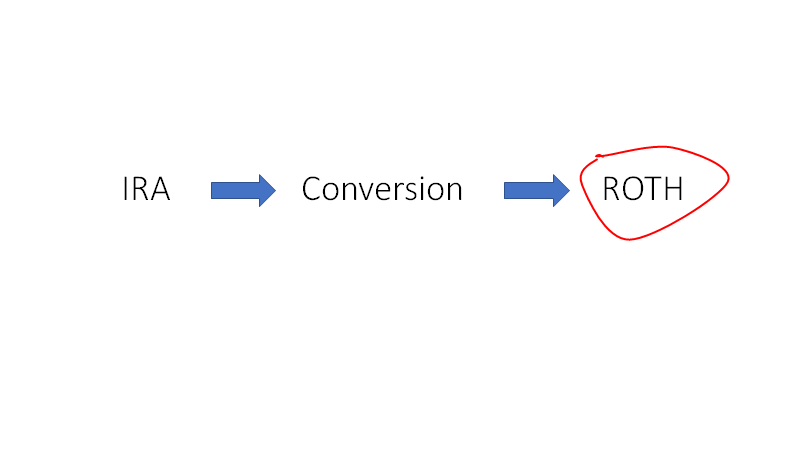I hope you and your families are staying both healthy and safe. While your personal finances matter, at times like these, taking care of and being present for our loved ones should be a top priority. Try not to focus too much on the negatives that are dominating the news. Instead, think about how you can use the market’s decline to benefit your long-term returns. Are you investing and saving for retirement? If so, you should have a positive long-term market view. My blog earlier this week focused on two things. First, keep the market and coronavirus from dominating your thoughts. Second, find some ways to use the market’s decline to your benefit. Try not to watch too much news, especially financial news. It can be bad for your mental health and well-being.
We hope you will share our blog with your friends. If you do not subscribe currently, please sign up for our mailing list at the bottom of our blog page or use our Contact Us page.
If you would like to discuss this article or any of the others shared in this week’s blog, please email philweiss@apprisewealth.com. You can also schedule a free 15-minute call.
Here are the links to this week’s articles as well as a brief description of each:
1. Here’s Why a Roth IRA Conversion Can Make Some Sense in This Down Market. Sometimes we need to make lemonade from our lemons. If you can afford the current tax cost, consider a Roth Conversion. For some time, I have believed that tax rates will never again be lower than they are today. Today, that view is even stronger. The steps we are taking to help those most affected by the fallout from coronavirus come at a cost. Higher taxes are one way to help pay that bill. Converting at least some of your IRAs to Roth IRAs in a down market can make sense. Please schedule a call if you’d like to discuss the advantages and how the process works.
2. Why Facts Don’t Change Our Minds. We want to fit in, bond with others, and earn the respect and approval of our peers. These are survival instincts. We don’t always believe things because they are right. Sometimes, looking good to people we care about makes us believe things even if they’re not correct. The author believes friendship plays a role in getting people to change their minds. We are more likely to believe a radical idea put forth by someone we know, like, and trust than a stranger. If you want to change someone’s mind, treat them like family.
3. What If You Buy Stocks Too Early During a Market Crash? Do you wonder why many suggest you hold onto your stocks even when the market crashes? It’s hard. Even if selling is the right move, you still must decide when to get back in. What happens if you buy too early and stocks continue to fall? Long-term returns may not be as bad as you think. There are no guarantees but buying early should lead to better results than keeping excess cash on the sidelines.
4. How Will Sports Recover From This Hiatus? I admit that I’ve always been a big sports fan. This may lead me to share a few too many sports-related stories. This one asks a question I’ve been wondering about myself: “Sure, we missed watching sports. But will we in a month? In – gasp – a year?” Here’s another: Will we still feel comfortable going to games and sitting in the stands with thousands of strangers? I’m not sure any of us can answer these questions yet.
5. How to Fight Hindsight Bias. When I give my Behavioral Investing presentation, I discuss hindsight bias. This refers to our tendency to see an event as having been predictable, even if we had little or no objective means of predicting it. The current market environment is unlike any we have seen before. Yes, we’ve had bear markets. We’ve had health scares, too. But we went from an all-time market high to a bear market faster than ever before. Try writing down your thoughts about the market, where it will go, and what you plan to do now. That can help keep you from falling victim to hindsight bias. It may also allow you to better understand your track record of success as a forecaster. Recording our thoughts when an event takes place can help us form more realistic future expectations. If you have access to The Wall Street Journal, I also suggest this article.
We hope you find the above posts valuable. If you would like to talk to us about financial topics including your investments, creating a financial plan, saving for college, or saving for retirement, please complete our contact form. We will be in touch. We can schedule a call, a virtual meeting via Zoom, or a meeting at Apprise Wealth Management’s office in Northern Baltimore County.
Follow us:
Please note. We post information about articles we think can help you make better money-related decisions on LinkedIn, Facebook, and Twitter.
For firm disclosures, see here: https://apprisewealth.com/disclosures/




